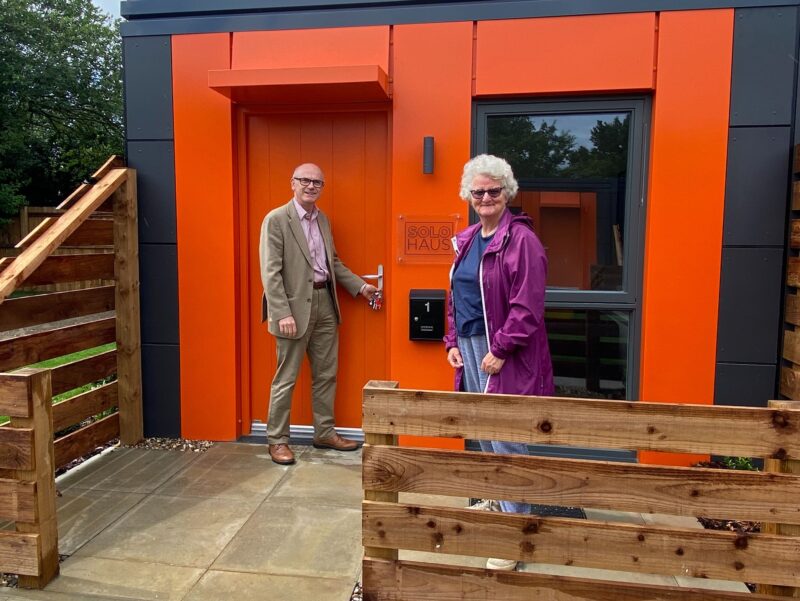
Ipswich has been very successful in tackling rough sleeping, with the Labour run Ipswich Borough Council (IBC) leading a partnership across the town. Routes out of rough sleeping have been developed to help people to a better future.
We are committed to providing care, making help available and supporting people to move to a better place.
There are still people begging or hanging around on the streets of Ipswich, but the vast majority have accommodation and have the chance to move to a better life.
If you see someone sleeping rough you can report it via thestreetlink.org.uk, funded by the government. Ipswich cases are passed to IBC.
Outreach workers are out every day, looking for people bedded down early in the morning. The workers try to engage, day after day – they never give up on people. First step is to invite people to “Breakfast by Invitation” at the Chapman Centre, where they can be fed and hopefully engage more fully. Rough Sleeper Emergency Beds are available in one of the hostels.
Once people are engaged and their back story understood, they are placed into STEP – Short Term Emergency Provision. These are houses with four bedrooms and in-house support. This is where people are assessed and a plan to help with their needs is put together. Maximum stay is 28 days and then people move to hostel or move-on accommodation.
An In-Reach worker supports people in hostels, ensuring rent is paid, rehab is attended, and that the person is moving forward on their plan.
There are ten units of move-on accommodation available, partly funded by government money. These comprise two flats and eight prefab micro homes. The ten people placed into move-on accommodation have their own dedicated support worker, who will help them maintain their tenancy, move forward on their plan and then move on to a place of their own, when they are ready. People take about 1-2 years to make the move-on transition.
Ipswich has had a dedicated rough sleeper mental health nurse for several years as most rough sleepers have mental health problems.
‘Navigators’ are support workers who have a small caseload and work with the hardest cases, which can be on the street, in STEP or hostels, in their move on accommodation or final home.
The Reconnection Navigator works with Eastern Europeans, many of whom do not have entitlement to remain in the UK and attempts to reconnect them with their home country and encourage them to move back there.
Ipswich has a Housing First project, which has run for several years and now has 20 people with their own tenancy, in their own home. This project works with entrenched rough sleepers and offers them a supported flat of their own. They have support workers with a low caseload, as the people require a lot of support at the start of their tenancy.
Our latest intervention is a Criminal Justice Link Worker, largely to work with people leaving prison so they get the right housing support on release.
At this time of year, it is impossible to think of the homeless without thinking about the Christmas story. A homeless young couple who find there is no room at the inn, eventually bedding down in a stable. People on the streets know all too well what it is like to be rejected, to be turned away, or to be denied a place to stay because of fear and distrust.
Ipswich Labour has overseen the creation of a range of rough sleeper services, so no-one is denied a chance to move to a better place.

